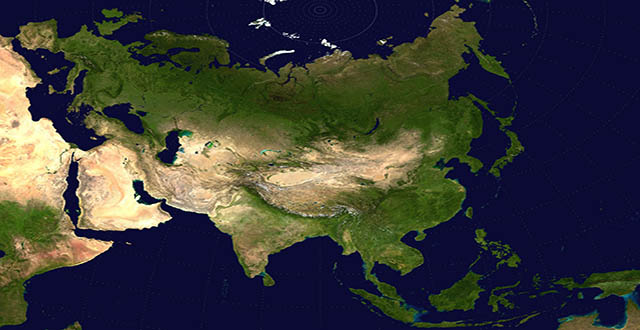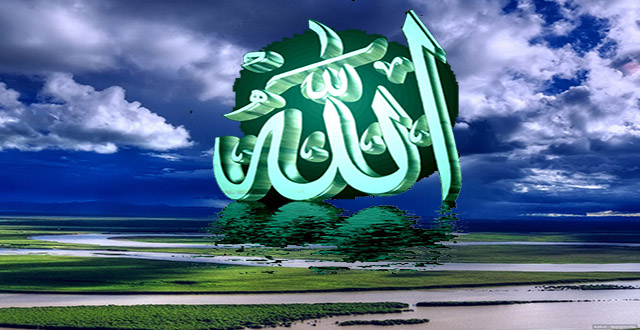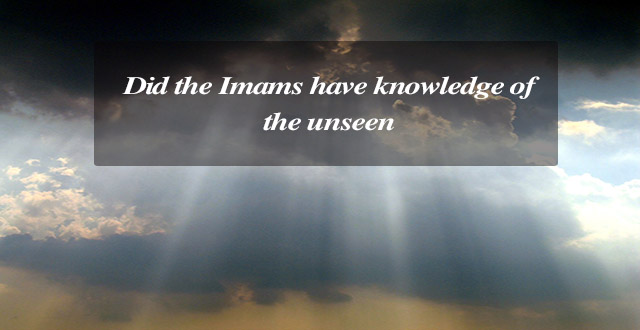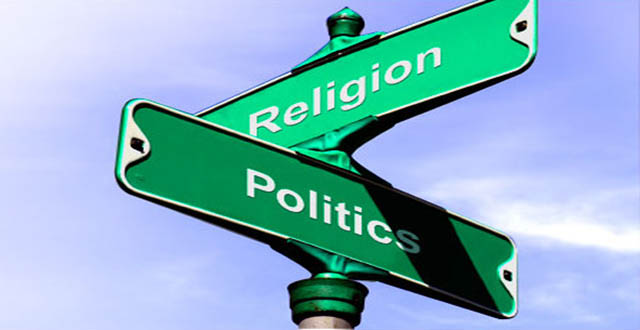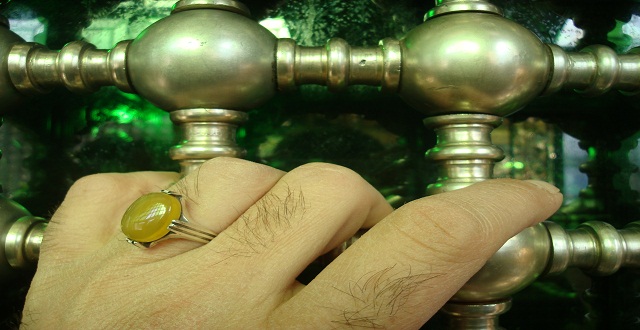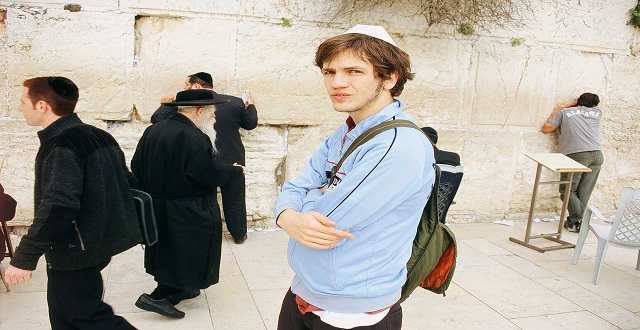I wish to know what the seven paradises are. Can you explain them for me?
Dar al-Salam (Abode of Peace), Dar al-Jalal (Abode of Glory), Jannatul Mava (Garden of Refuge), Jannatul Khuld (Garden of Eternity), Garden of Eden, Garden of Paradise and Garden of Bliss (or Delight) are names for the seven paradises which have been discussed in Tafsir (exegetic) and narrative texts.
What follows is a brief explanation of each of the foregoing names. The explanations are based on what has been deduced from the Quranic verses, narrations and opinions of prominent exegetes.
1. Dar al-Salam:
God, the Exalted, says in the Holy Quran: “And Allah invites to the abode of peace and guides whom He pleases into the right path.”[1]
Some exegetes are of the view that the word “salam” (peace) in the verse refers to God, the Exalted because it is God Who invites to His house, and God’s house is the paradise.[2]
Some others have said that Dar al-Salam is the place whose inhabitants are immune to all kinds of harms and afflictions. Jubaei has been quoted as having said that Paradise has been called Dar al-Salam (the Abode of Peace) because its inhabitants are safe and at peace. The angels salute them, so does their Lord. There is nothing except peace and well-being. As well, they do not see anything there except peace and well-being. This viewpoint is affirmed and endorsed by God’ saying in the Quran where He says: “And their greeting in it shall be: Peace”.[3], [4] Also, Ibn Abbas has been quoted as having said: “Dar al-Salam is the Paradise; its inhabitants are protected from all kinds of harms, afflictions, deficiencies, diseases and ailments. The inhabitants of Dar al-Salam are immune to agedness, death and physical deterioration. They are the ones who are revered and respected and are never insulted. They are always dear and they never suffer misery and wretchedness. The inhabitants of the Abode of Peace are always needless; they never become needy; they are the prosperous ones and they never become wicked… they dwell in the palaces made of pearl and coral whose doors are open to the Throne of the Compassionate. Therein the angels descend upon them from all sides and say to them: “Peace unto you for that ye persevered in patience! Now how excellent is the final home!”[5]
Allamah Tabatabai (ra) says in his Tafsir al-Mizan while elaborating on the meaning of the verse “لهم دار السلام” [For them is the abode of peace with their Lord.]: “The word ‘salam’ gives the same literal meaning in this verse as it can be deduced from the outward meaning of verses. In fact, it means being in peace and safe from all visible and hidden afflictions and harms. Dar al-Salam is the place where there is no death, agedness, disease, poverty, anxiety etc. That is the promised Paradise.[6]
It has also been said that Paradise is called the Abode of Peace because it is the house of God and it is where one is guaranteed well-being and peace.[7]
2. Dar al-Jalal:
The second paradise is called Dar al-Jalal (the House of Glory). It has been narrated from the Messenger of Allah, peace be upon him and his family, that he said: “Whoever recites “La ilaha illallah” with a loud voice, God shall ordain His satisfaction for him and whoever reaches the position of divine satisfaction, God will give him a place near (Prophet) Ibrahim and Muhammad (s) in the House of Glory.”
The Prophet was asked: “O Messenger of Allah, where is the House of Glory?”
He replied: “It is the paradise which Allah called it after His own name. Therein the inhabitants watch God, the Glorified, every dawn and dusk.”[8]
3. Jannatul Ma’va:
Jannatul Ma’va [Garden of Refuge] is the paradise to which the spirits of the martyrs retreat.[9] It is has been narrated from the Holy Prophet (s) that he said about the significance of the month of Ramadhan: “God bestows them [those who hold fast] a thousand palaces in Jannatul Ma’va, palaces that are made of gold.[10]
4. Jannatul Khuld (Garden of Eternity):
The Garden of Eternity or Immortality is the paradise about which the Messenger of Allah (s) said: “He who wishes to live as I have lived and to die as I will die, and enter the Garden of Eternal Bliss which Allah has promised me—let him take Ali as his leader (wali), because Ali will never lead you away from the Path of Truth, nor will he take you into error.”[11]
5. Janatul Adan (Garden of Eden):
Allamah Hilli says: The Garden of Eden is said to be Eden because it is the place of permanent residence.[12] It has been narrated from the Holy Prophet (s) that he said: “I am a tree, Fatimah is its branch, Ali is its flower, Hasan and Husain are its fruit and the lovers of the ‘people of the house’ are its green leaves. All of them will be in the Garden of Eden.”[13]
Kashiful Ghita says: “Garden of Eden is the middle paradise.”[14]
It is said in another tradition: “Garden of Eden is the paradise which God made with His own hands and which none has seen so far.”[15]
Also, in another tradition we read: “God, the Exalted, created Garden of Eden with His own hands; He Himself planted its trees, constructed its palaces and castles and made its rivers flow.” Then He said: ‘Successful indeed are the Believers…’”[16]
It has also been narrated that: “The walls of the Garden of Eden are made of red rubies and its keys are made of pearl.”[17]
6. Jannatul Firdous:
Jannatul Firdous (Garden of Paradise) is the paradise which God has made of gold and silver mixed with the fragrance of musk and amber. According to a narration, God has made paradise of musk and amber and therein He has planted the best fruit (trees) and basils.[18] Jannatul Firdous (Garden of Paradise) is the highest level of paradise.[19] This is the paradise which Fatima Zahra, peace be upon her, while describing it amid weeping on the separation of her father said: “O father, you answered the call of your Lord when He called you. O father, Jannatul Firdous is your abode.” Therefore, Firdous is the name of the paradise where the Prophet (s) is dwelling.[20]
The ceiling of this Paradise (Firdous) is the Throne of the Lord and therein two green and white palaces are made of pearl. The white palace consists of seventy thousand units (rooms) inhabited by Prophet (s) and his household. The green palace also consists of seventy thousand units whose residents are Ibrahim and his household (a.s).[21]
It has been narrated that the walls of Jannatul Firdous are made of light, and the light of its rooms and units is from the light of the Lord.[22]
7. Jannatul Naeem (Garden of Bliss):
It has been stated concerning the reward and significance of the month of Ramadhan: “When the month of Ramadhan reaches the seven day, God grants you the reward of forty thousand martyrs and forty thousand Siddiq (righteous ones).[23] This is the same paradise which Prophet Ibrahim (a.s) describes in his supplication as such: “(O my Lord), make me one of the inheritors of the Garden of Bliss.”[24]
Allamah Tababtabai says in his Tafsir al-Mizan: “Jannatul Naeem is the paradise of wilayah (love).”[25] He also says: “It has been said repeatedly that Naeem means wilayah and Jannatul Naeem is the paradise of wilayah.”[26]
It is necessary to mention that some of the commentators and exegetes of the Holy Quran maintain that all these names of paradise refer to one and the same paradise but they are names for different levels of paradise because the name Garden of Eden is used to refer to the same garden of Paradise which is the permanent abode for the inhabitants of Paradise and when the name Dar al-Salam is used, it means that those dwelling in Paradise are immune to all kinds of anxieties, fear and dangers.[27]
The conclusion is that there is not but one paradise but it has different levels and each level has its distinct and appropriate qualifying name.
—————————————————————————-
[1] – Yunus: 25
[2] – This viewpoint has been quoted from Hassan and Qatadah.
[3] – Yunus, 10.
[4] – “Ba’dh Ma Warada fid-Dunya wal – Akhirah, pg. 32, Dar Al-Mustafa Publications.
[5] – Behar al-Anwar, vol.8, pg. 194.
[6] – Tabtabai, Sayyid Muhammad Hussein, Tafsir Al-Mizan, vol.7, pg. 345.
[7] – Ibid, vol.10, pg. 39.
[8] – Baqiyatul Mabahith, pg. 196.
[9] – Tajul ‘Aroos, vol.10, pg. 26.
[10] – Shaykh Saduq, Fadhail al-Ashhor al-Thalathah, pg. 85.
[11] – al-Hakim, al-Mustadrak, Vol. 3, 128; al-Muttaqi al-Hindi, Kanz al-Ummal, Vol. 6, 155; Manaqib Amirul Momeneen, vol.1, pg. 544.
[12] – Muntaha Al-Matlab, vol.1, pg. 544.
[13] – Shaheed Awwal, Zikra, pg. 6.
[14] – Kashiful Ghita, Kashf Al-Ghita, vol. 2, pg. 302.
[15] – Wasail al-Shia
[16] – Mahasin Burqi, vol.1, pg. 155.
[17] – Man La Yahzuruhu al-Faqih, vol.1, gp. 296.
[18] – Ardabili, Zubdatul Bayan, pg. 55.
[19] – Kashif al-Ghita, pg. 19.
[20] – Shukani, Neil al-Awtar, vol.4, pg. 161.
[21] – Masail Ali bin Ja’far, pg. 345.
[22] – Man La Yahzuruhu al-Faqhi, vol.1, pg. 296.
[23] – Shaykh Saduq, Amali, pg. 104.
[24] – Shu’ara, 85
[25] – Tabatabai, Sayyid Muhammad Hussein, Al-Mizan, vol.11, pg. 369.
[26] – Ibid, vol.19, pg. 121.
[27] – E’anat al-Talebeen, vol.4, pg. 385.


